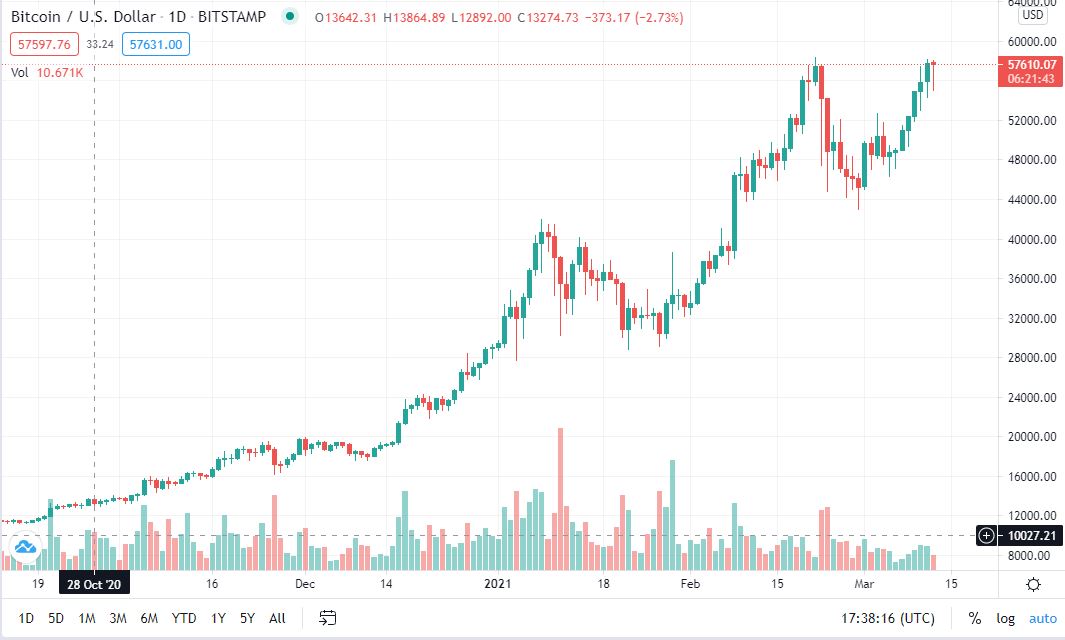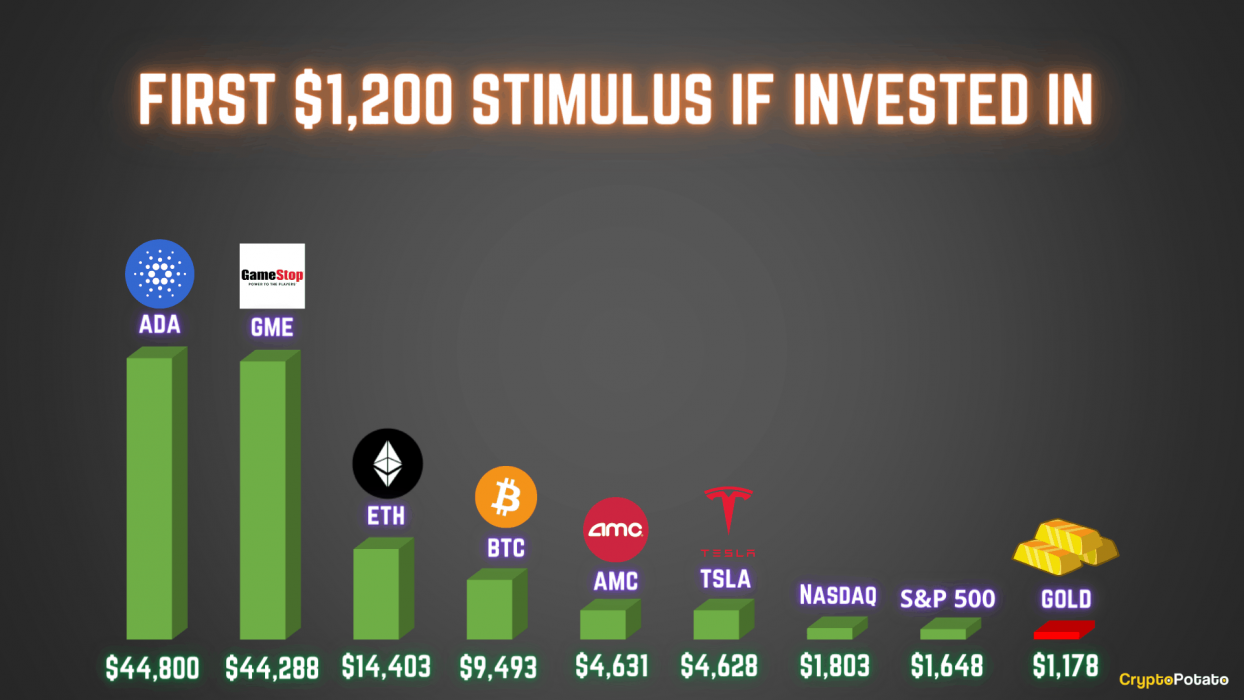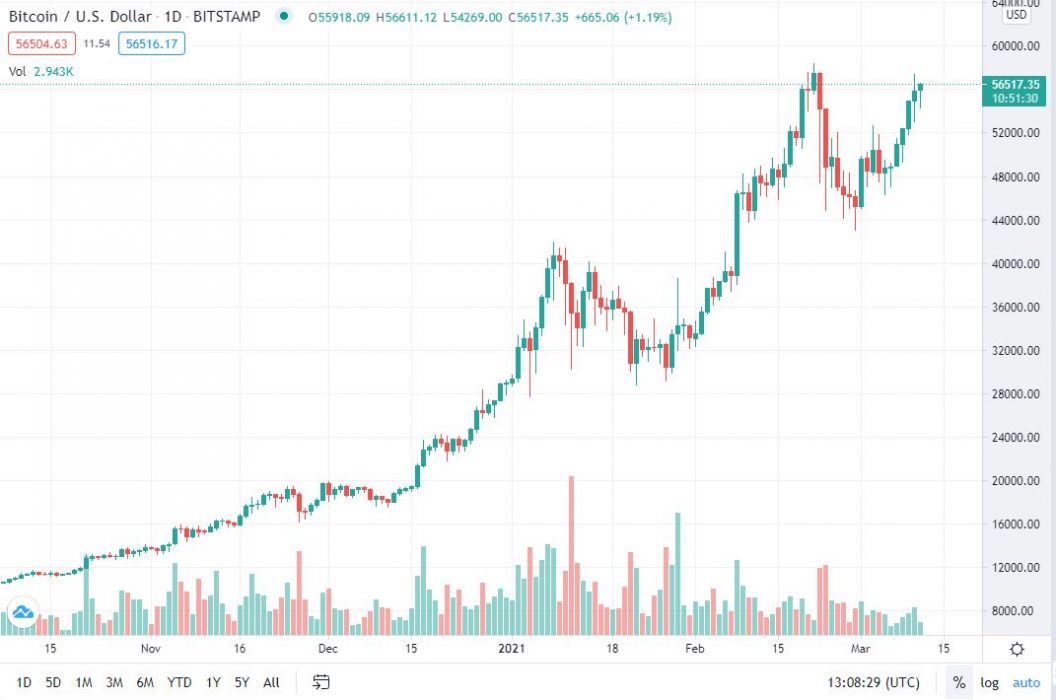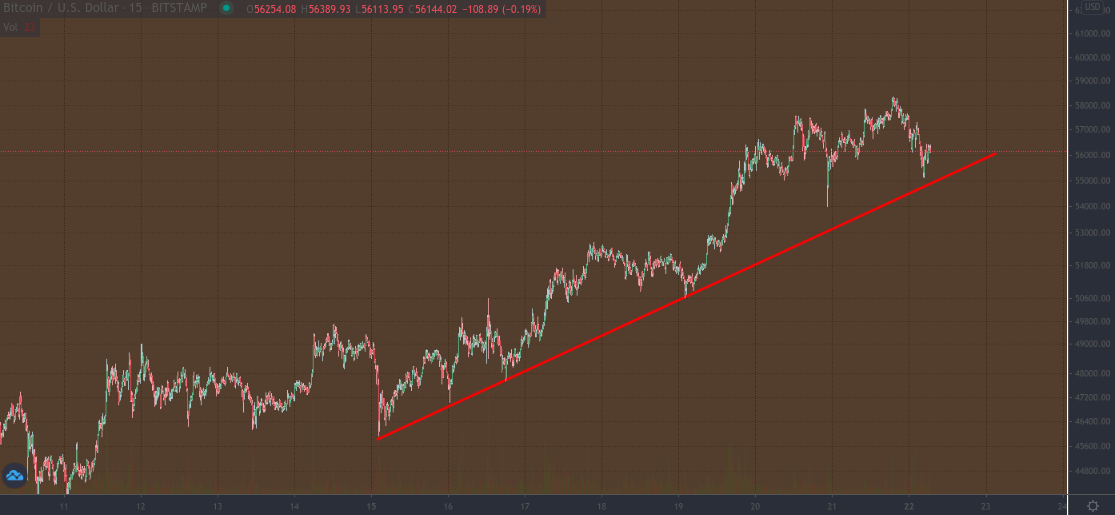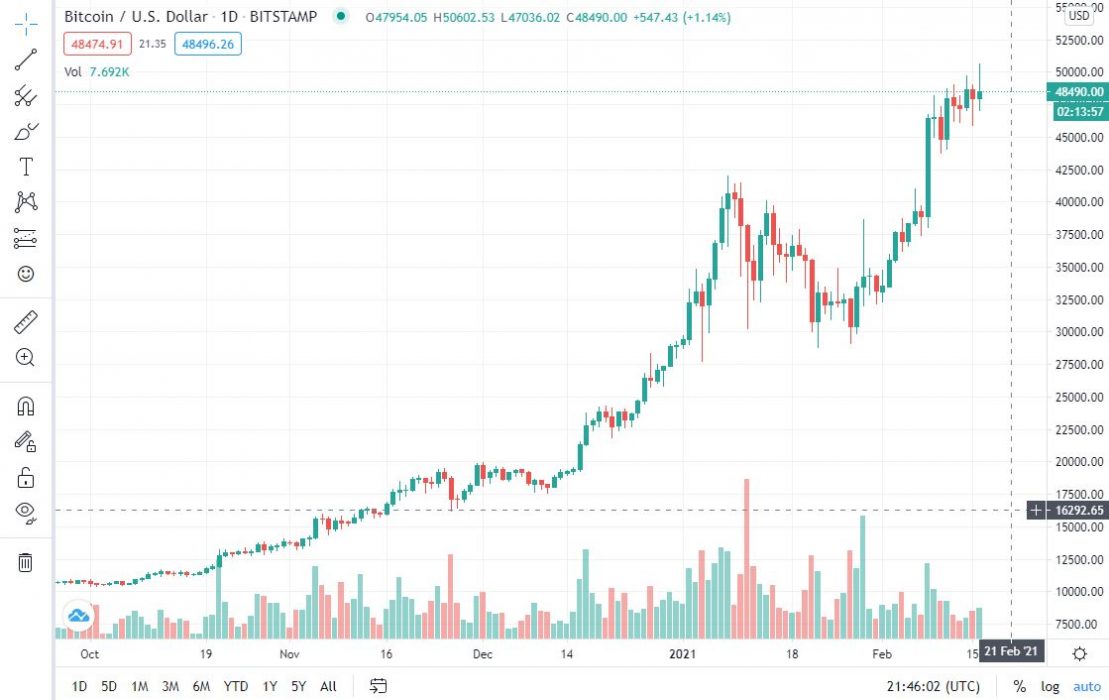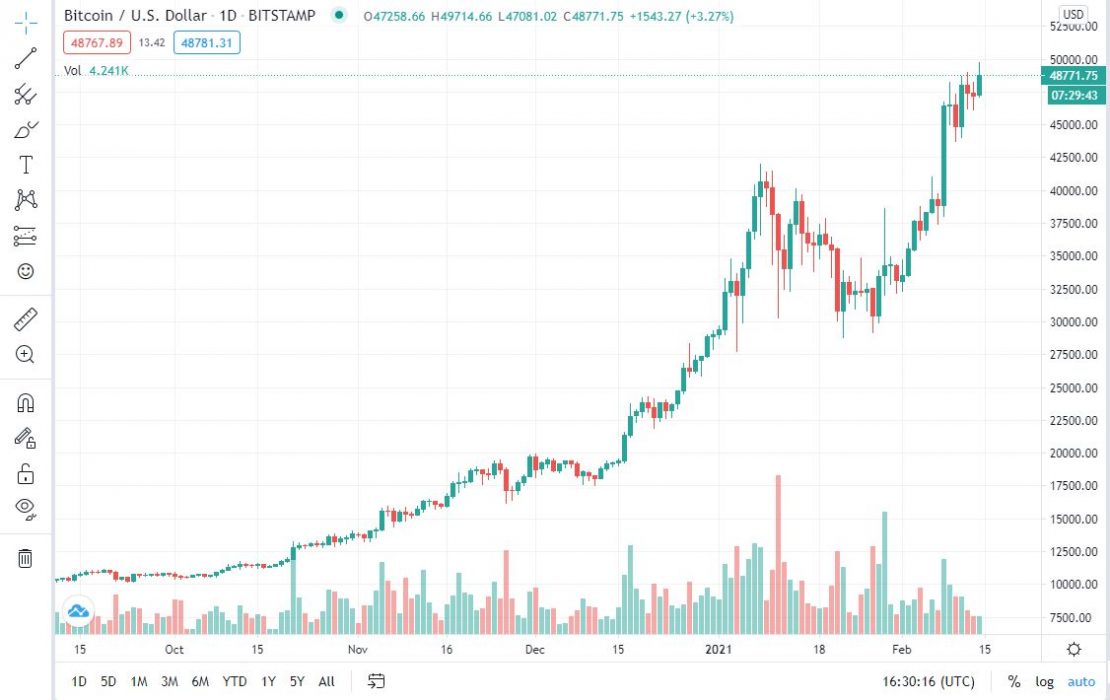The Securities and Exchange Commission (SEC) is now trying to access the personal financial data of Ripple’s main executives: Brad Garlinghouse and Chris Larsen.
The SEC wants access to eight years of the executives’ financial data. This information is somehow related to the revenues of Ripple, according to the SEC. But both Larsen and Garlinghouse have stated that this data is irrelevant to the case.
Ripple Ask the Court to Block Access to the SEC
Ripple’s defence lawyers have submitted a letter to a federal judge, requesting to block access to the financial history of the executives. According to the letter, the institution has sent subpoenas (a formal written order) to six banks:
- Silicon Valley Bank
- Federal Reserve Bank of New York
- Silvergate Bank
- Citibank
- Silver Lake Bank
Both executives have already produced the financial records relevant to the revenue streams that the SEC has requested.
As stated by the lawyers, the case is about the sale of unregistered securities over the years. But the SEC would be implementing a fraud case with no allegations and coherent motives whatsoever:
The SEC has nonetheless asserted that the Individual Defendants’ personal financial information is relevant to their “motive” to engage in the challenged conduct.
The SEC has not offered and cannot provide a coherent explanation for why it is entitled to this information.
Over the last few days, Ripple has faced several challenges since the case started. Likewise, the company also terminated its partnership with MoneyGram, a cross-border company that used Ripple’s ODL service for two years.
Ripple decided to call off its partnership soon after MoneyGram got sued by Rosen Law Firm. The lawyers submitted a case action on behalf of several investors over “misleading” statements regarding the use of Ripple’s On-Demand Liquidity (ODL) service.



